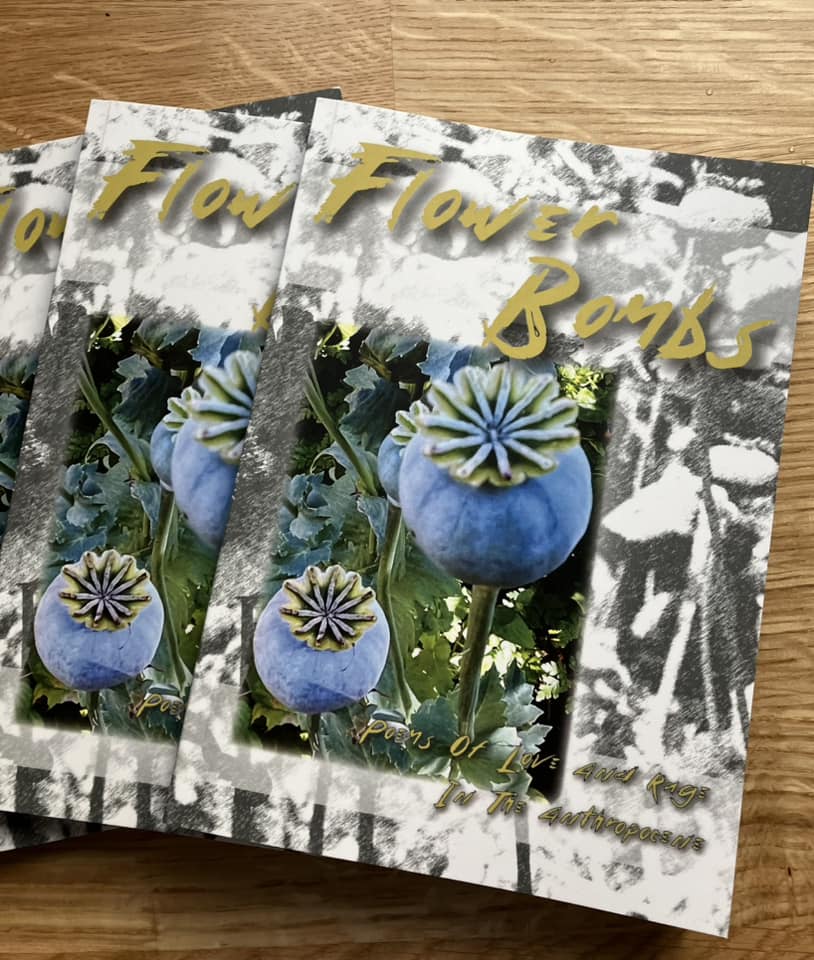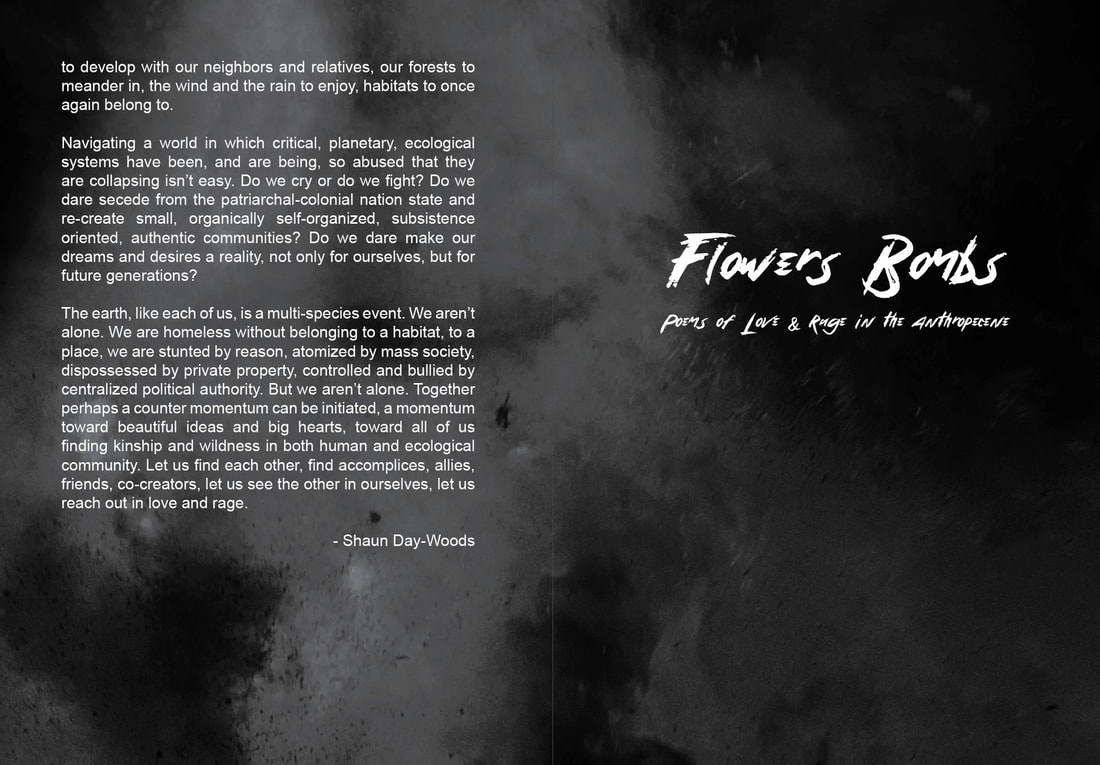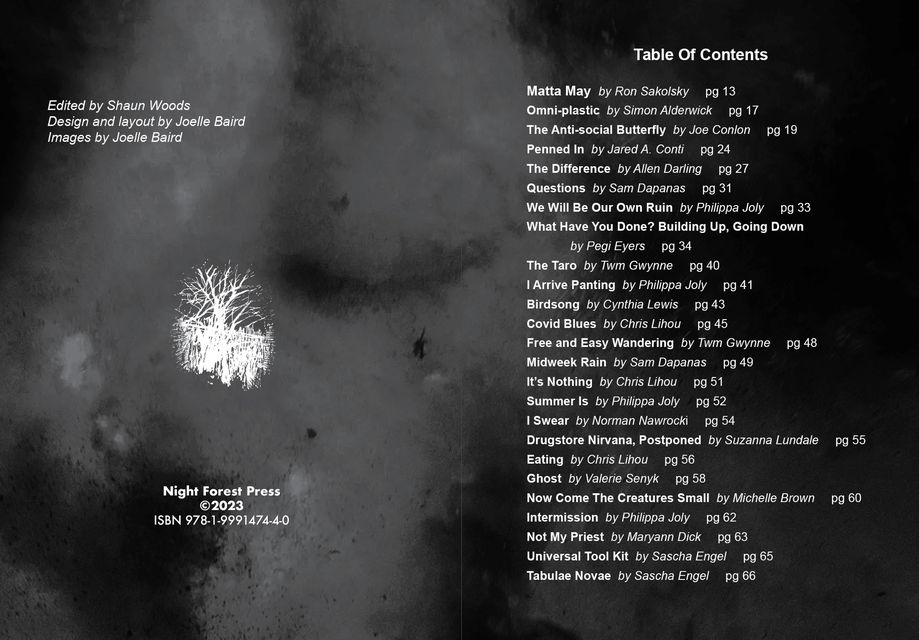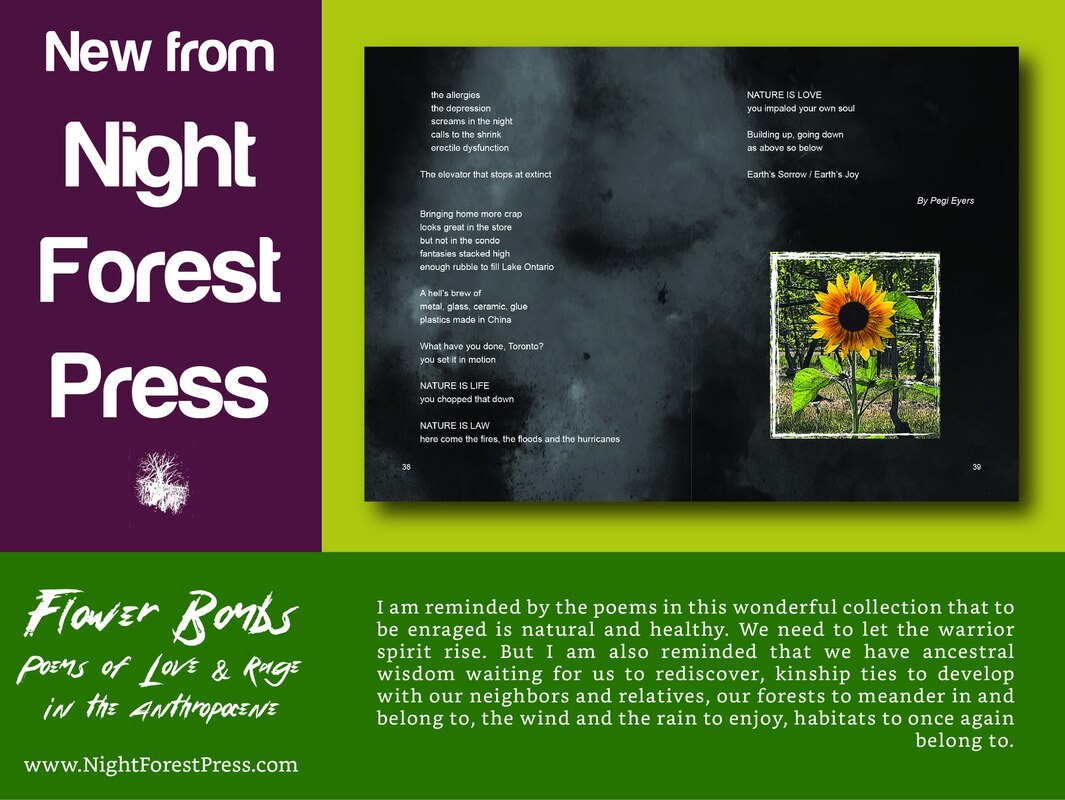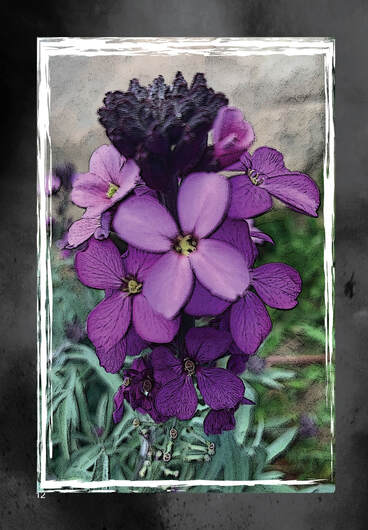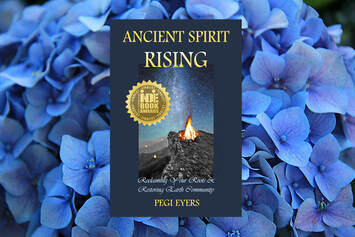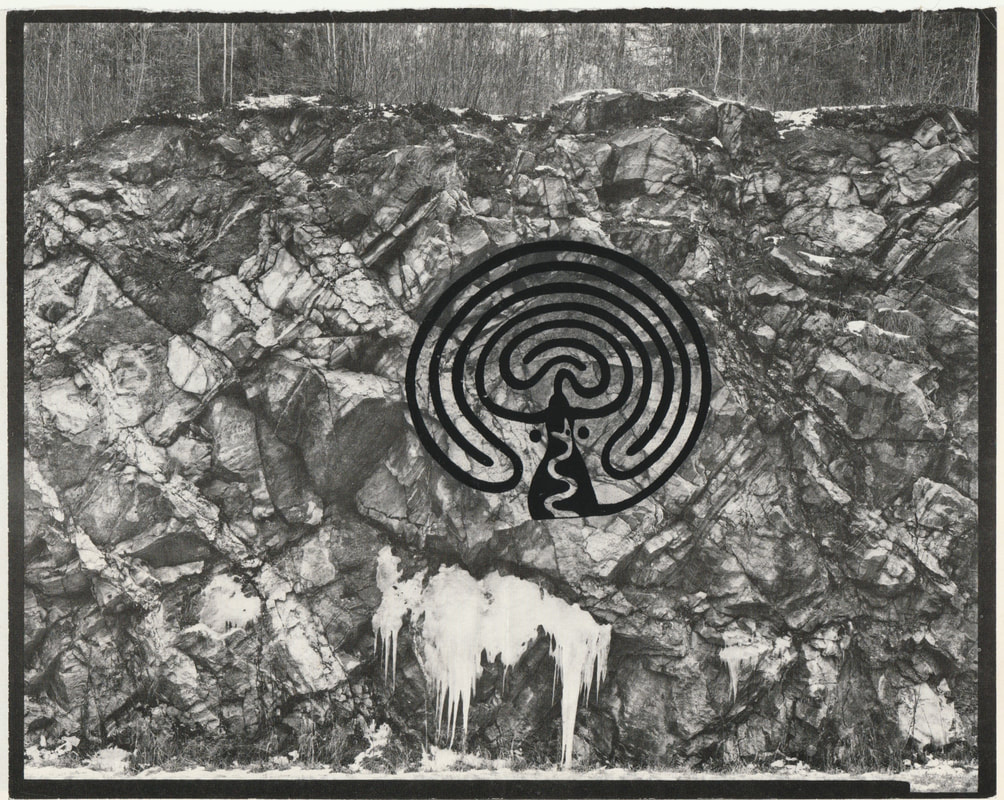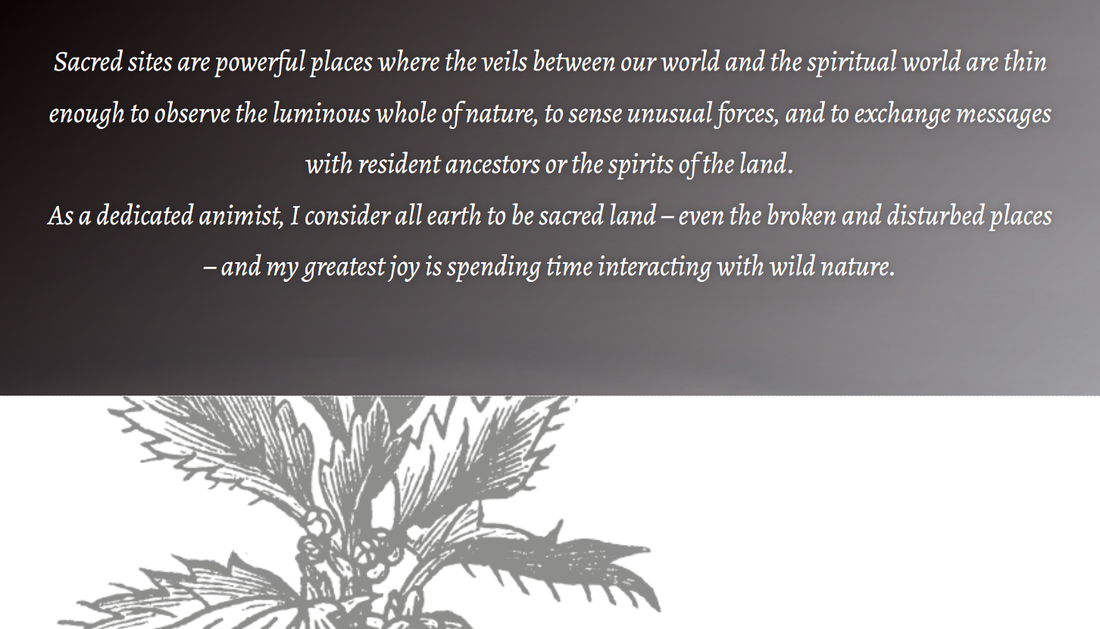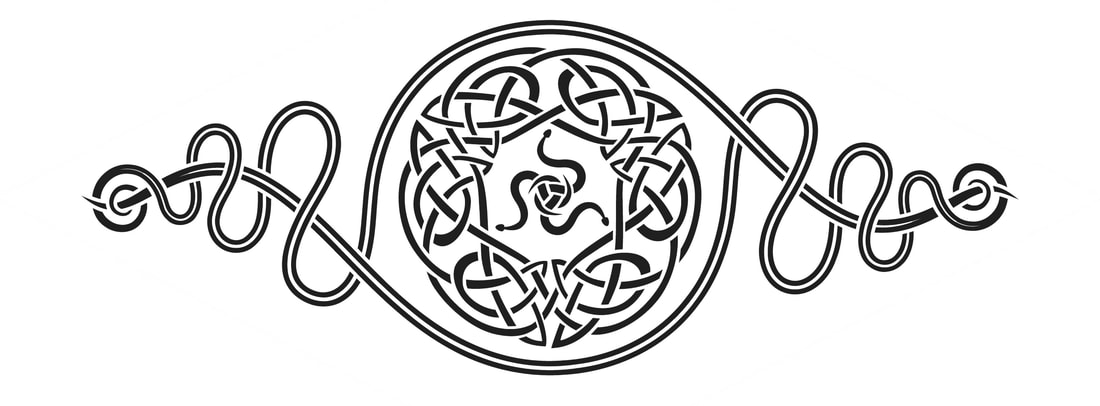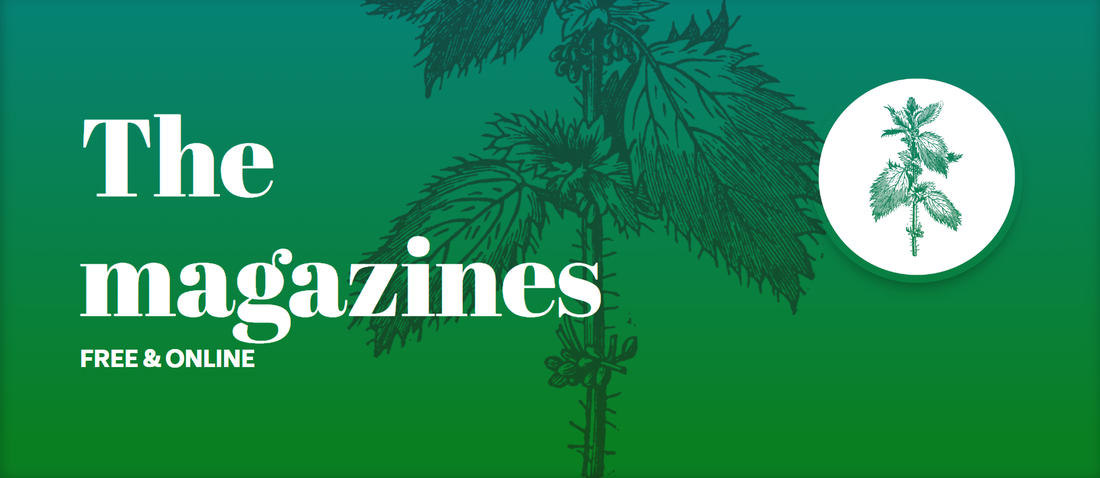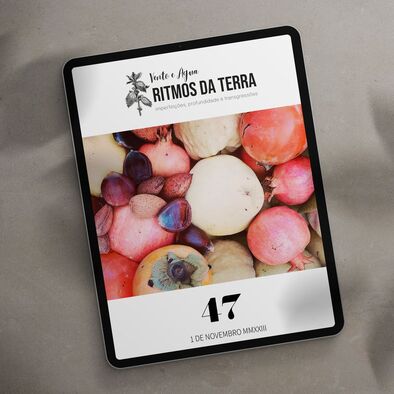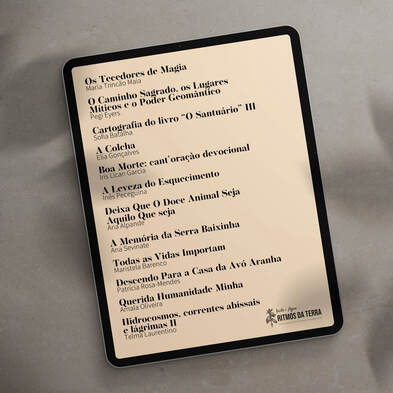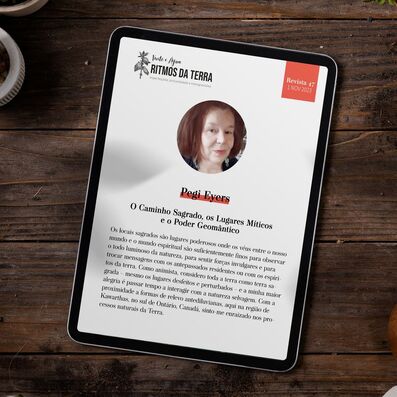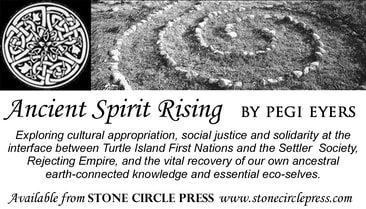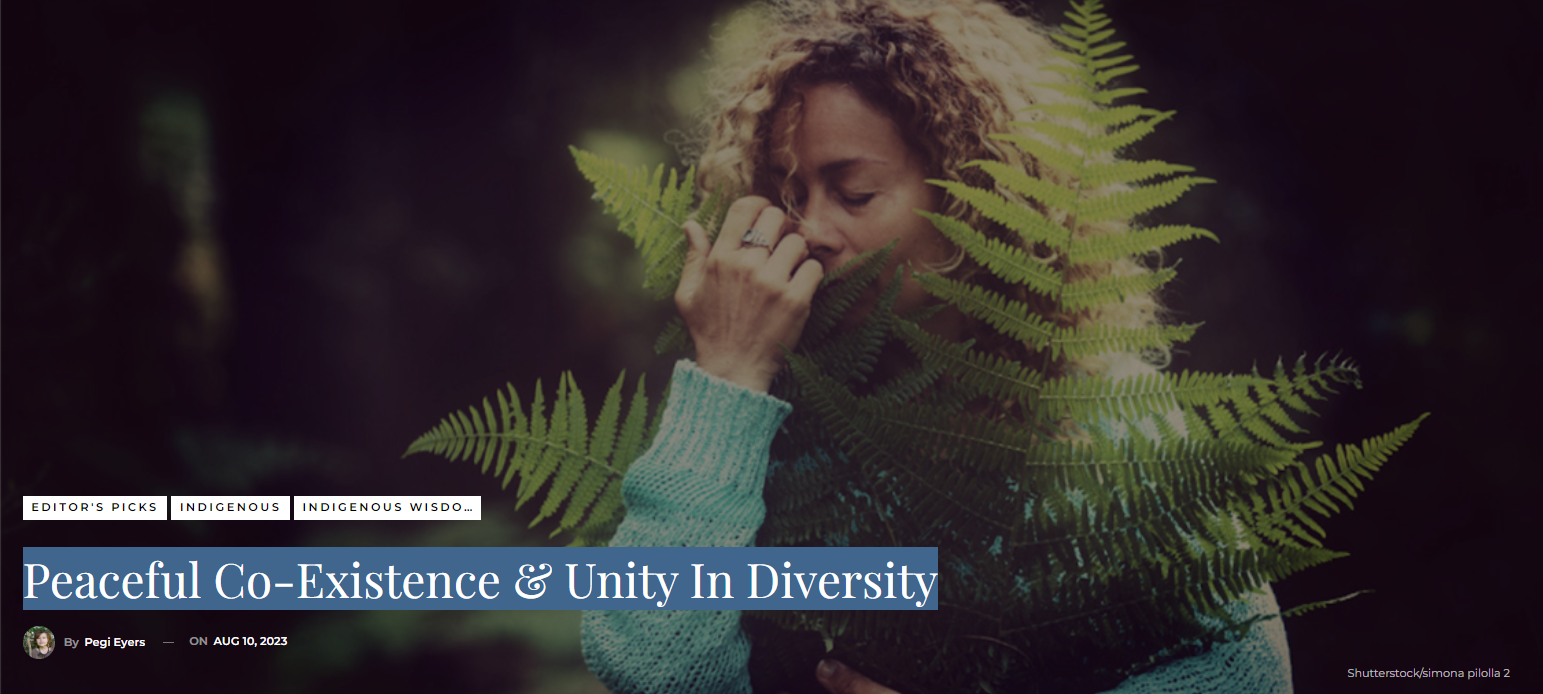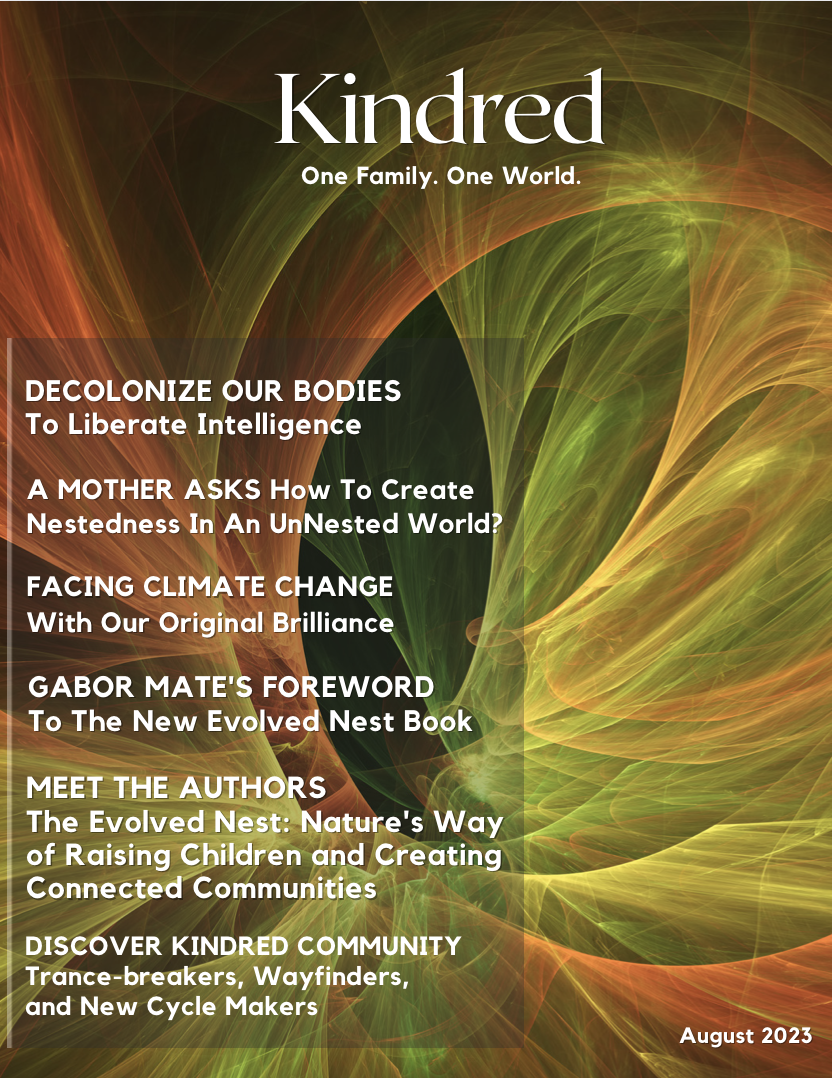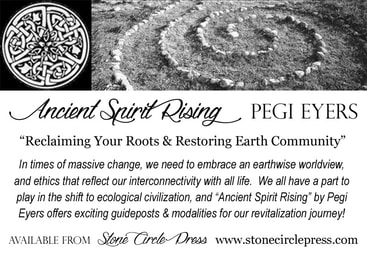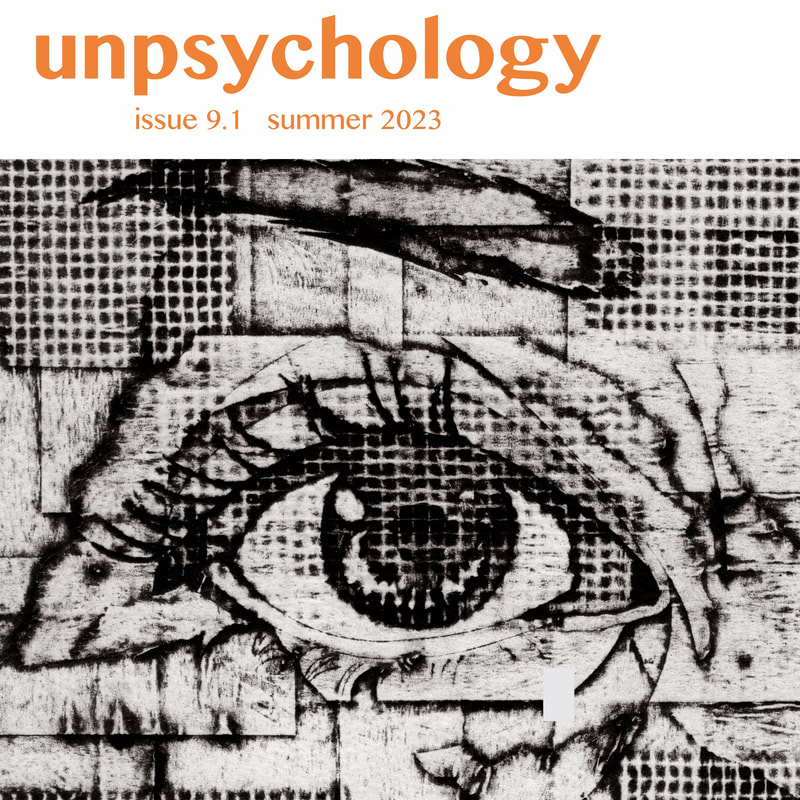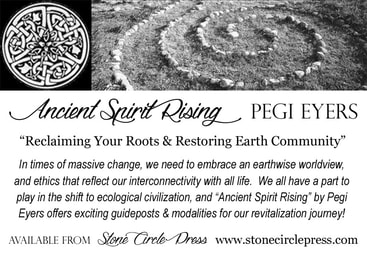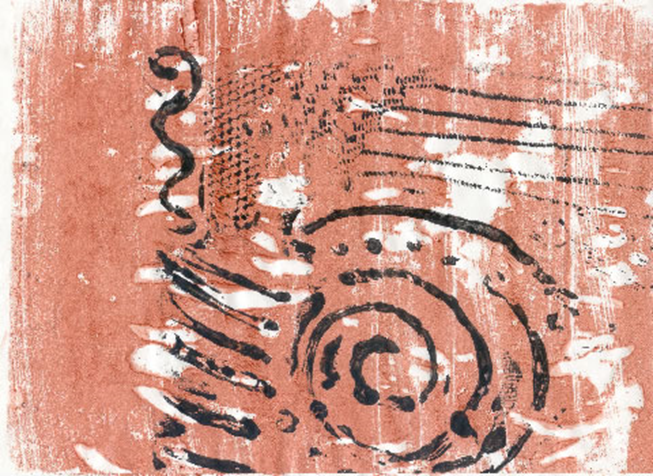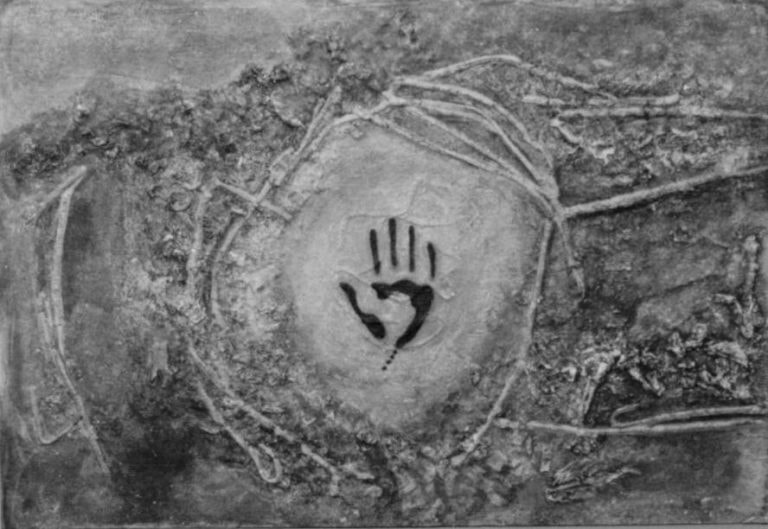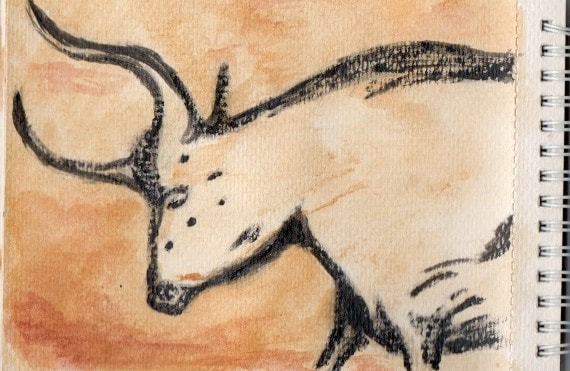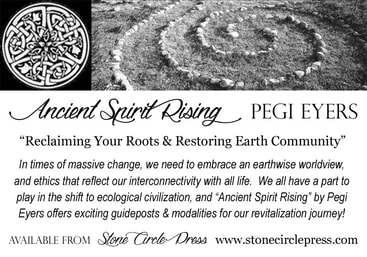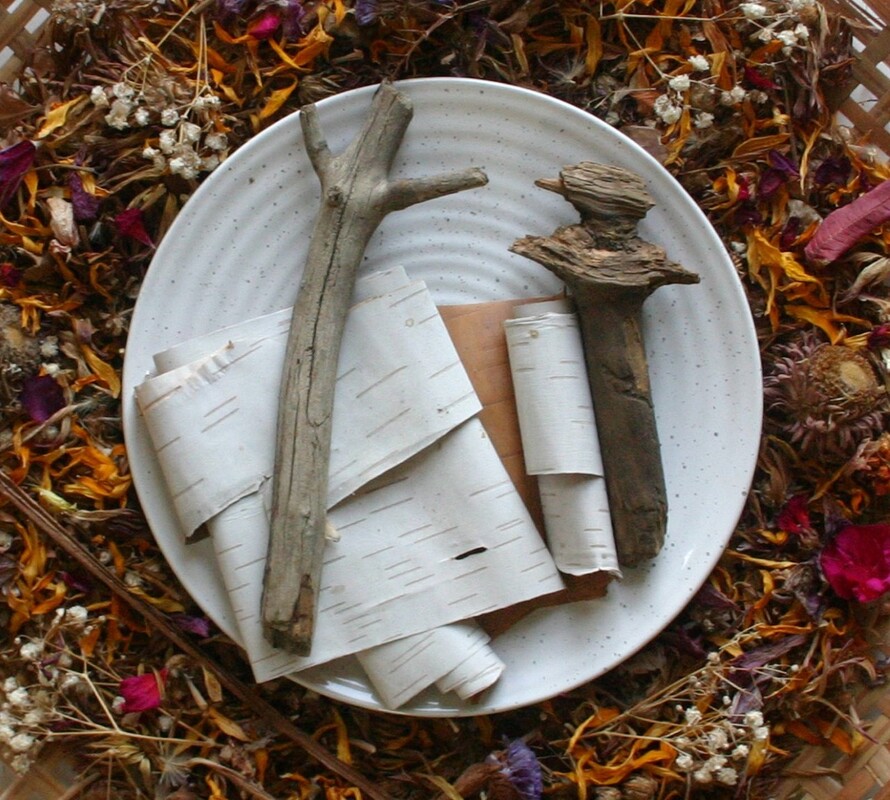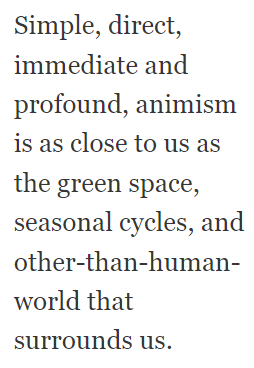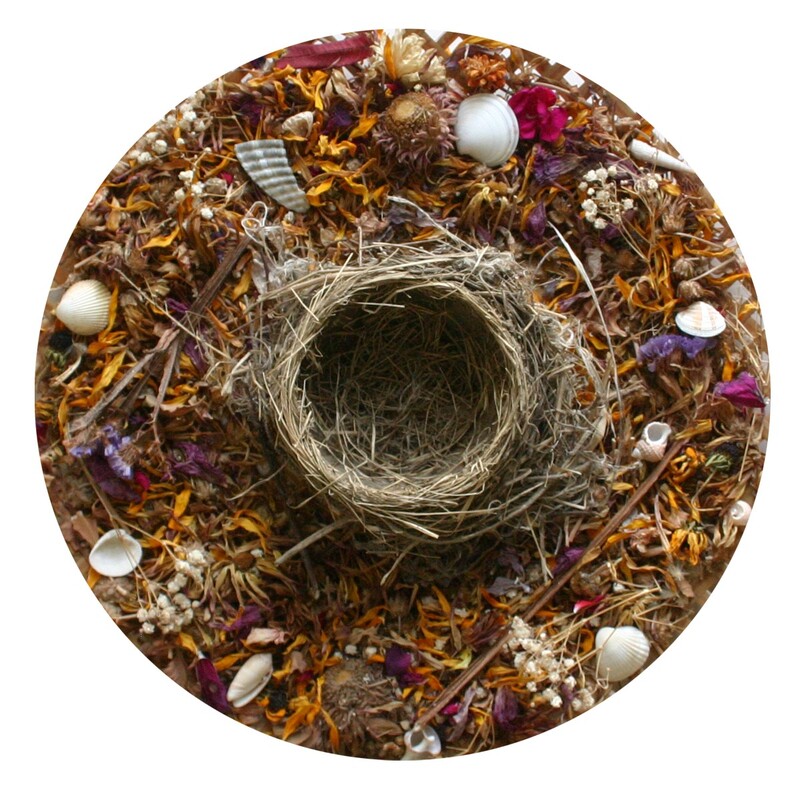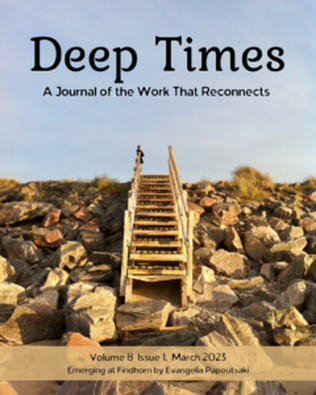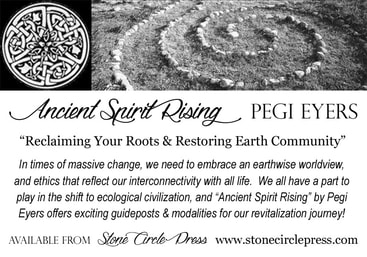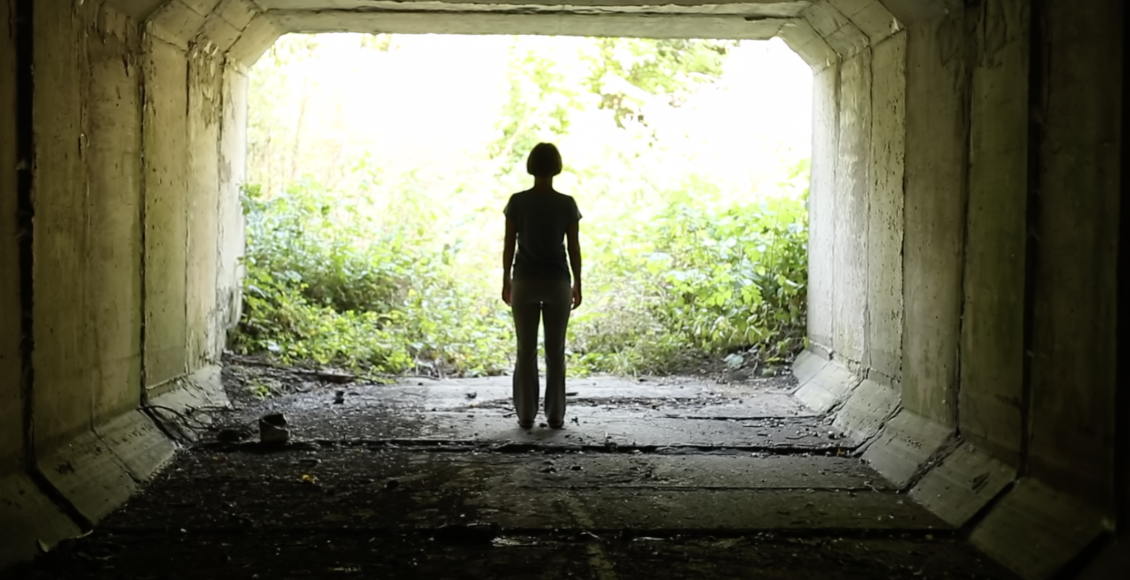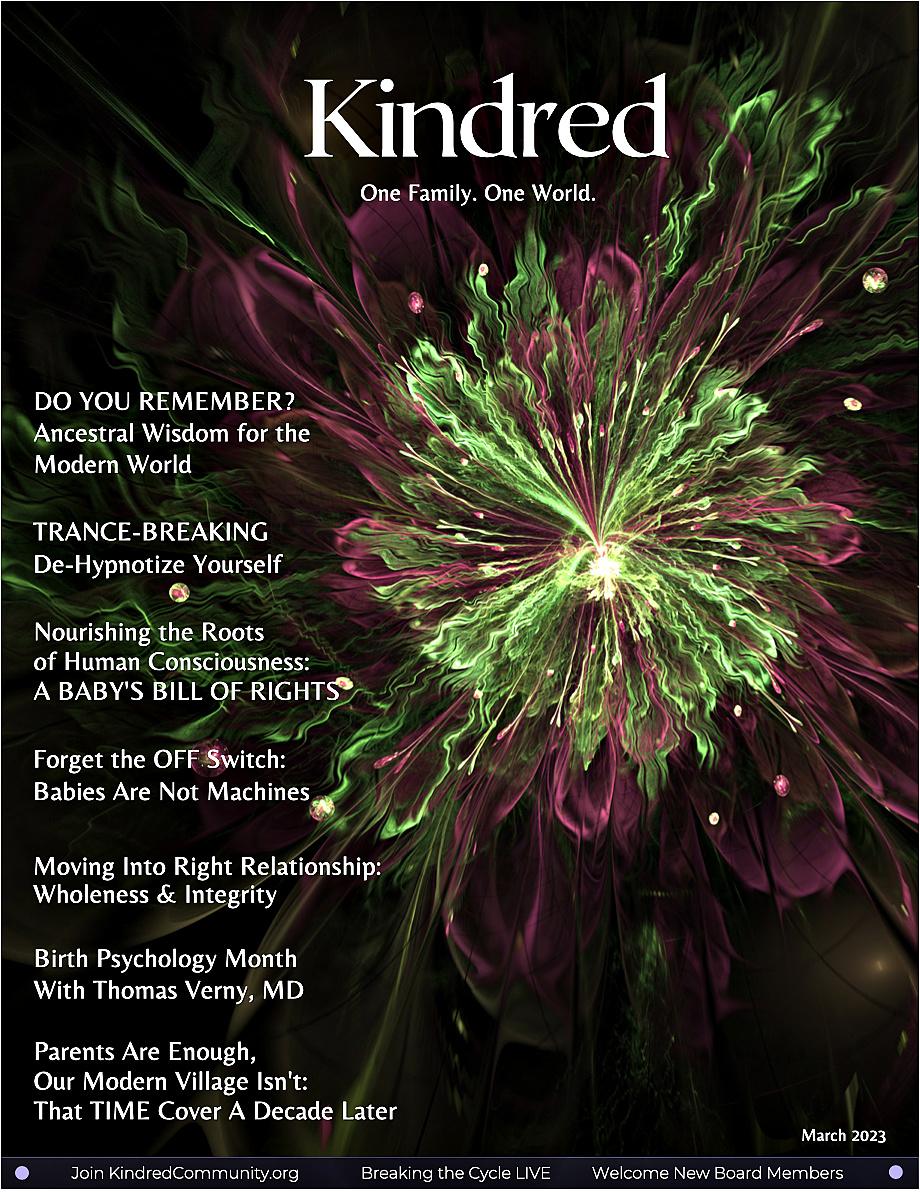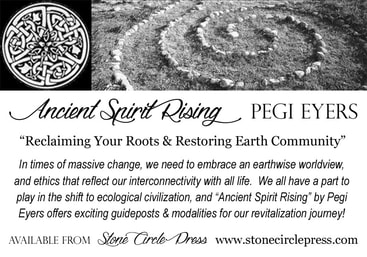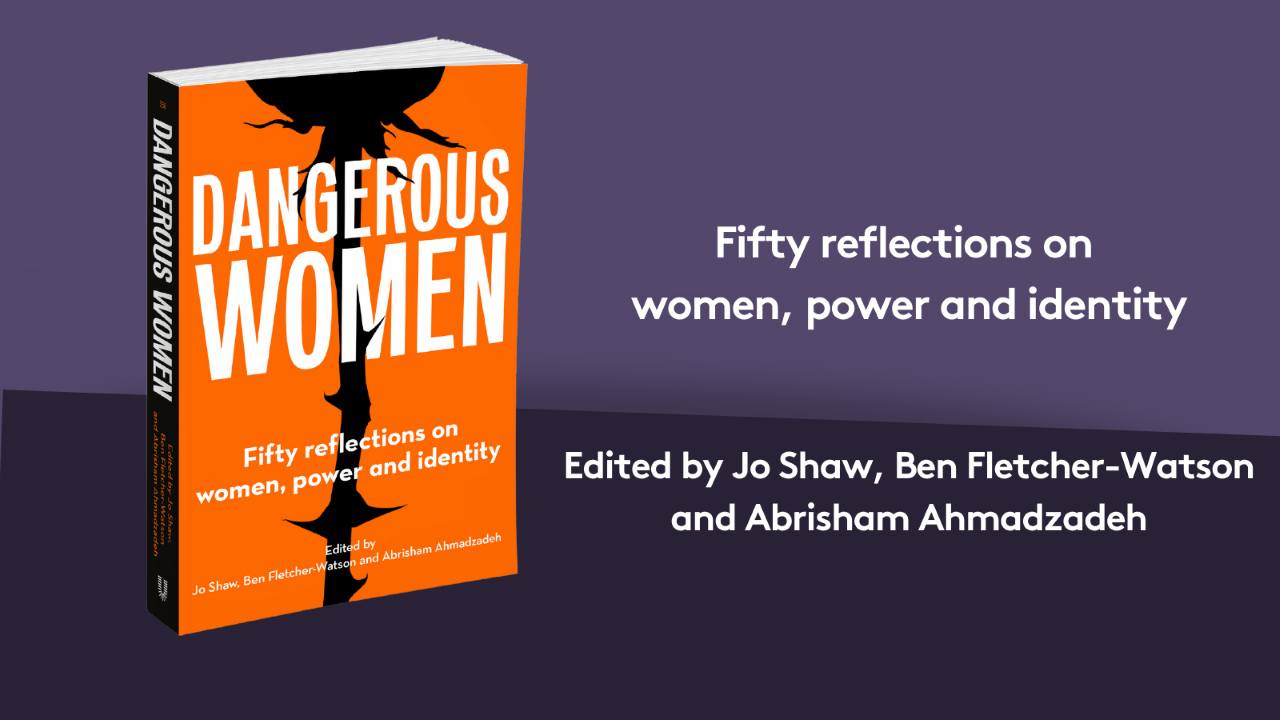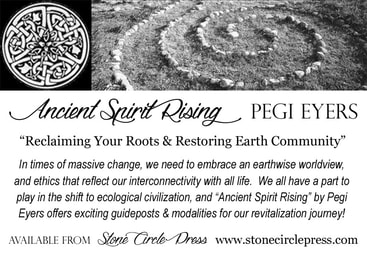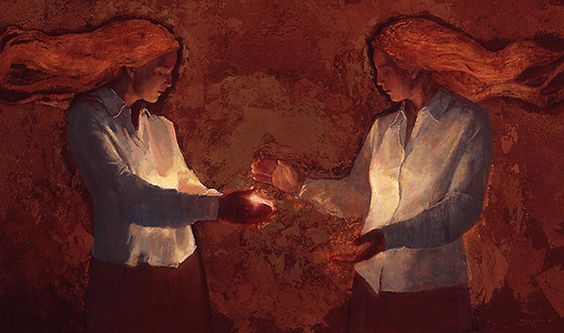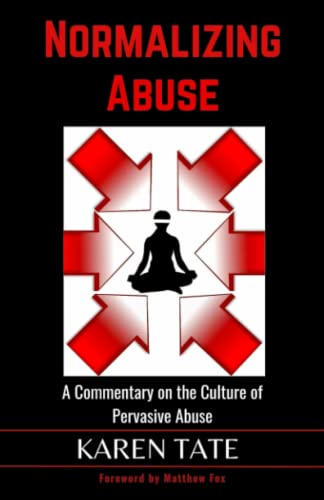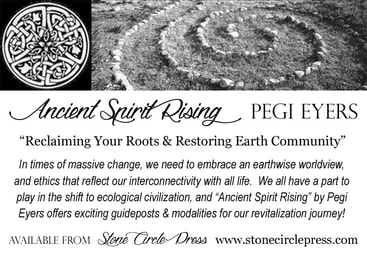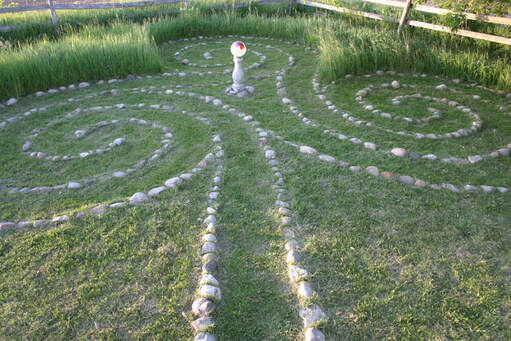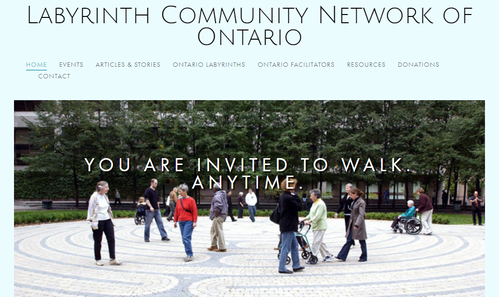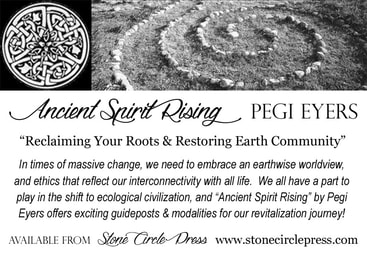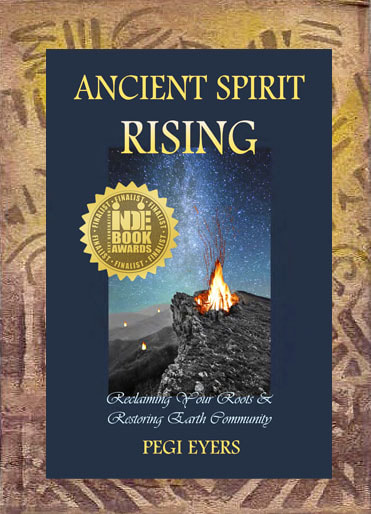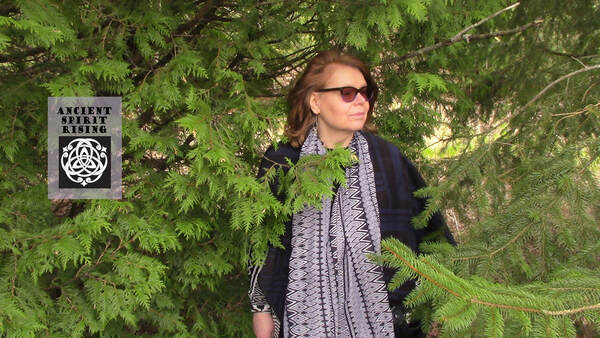Flower Bombs: Poems of Love & Rage in the Anthropocene
It is such an honor to have my work included in these pages~!! The design is stunning and the content of the book is superb. Thank you so much to Shaun Woods and the entire team at Night Forest Press.
Flower Bombs emerges from minds and hearts living during the Anthropocene, and is a collection of new poetry by writers from around the globe. Copies are available from the publisher at Night Forest Press~! https://www.nightforestpress.com/
My poem is entitled "What Have You Done? Building Up, Going Down"
It is such an honor to have my work included in these pages~!! The design is stunning and the content of the book is superb. Thank you so much to Shaun Woods and the entire team at Night Forest Press.
Flower Bombs emerges from minds and hearts living during the Anthropocene, and is a collection of new poetry by writers from around the globe. Copies are available from the publisher at Night Forest Press~! https://www.nightforestpress.com/
My poem is entitled "What Have You Done? Building Up, Going Down"
"With an excerpt from a wonderful piece by Pegi Eyers."
Editor and Publisher Shaun Woods
Editor and Publisher Shaun Woods
| Pegi Eyers is the author of Ancient Spirit Rising: Reclaiming Your Roots & Restoring Earth Community, an award-winning book that explores strategies for social justice, uncolonization, ethnocultural identity, building land-emergent community & resilience in times of massive change. Available from Stone Circle Press or Amazon |
